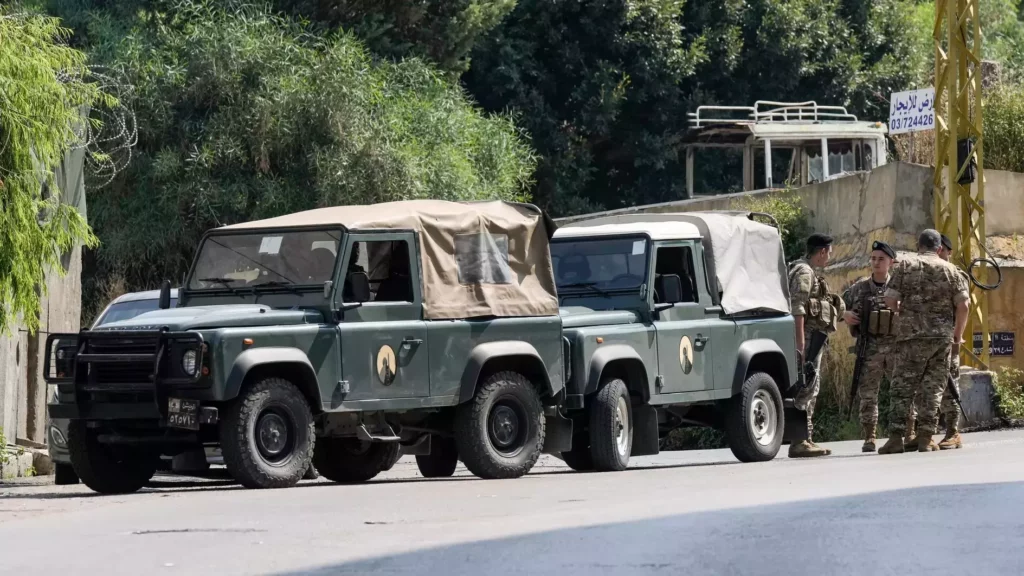On Wednesday morning, a 15-minute exchange of gunfire took place near the United States Embassy in Lebanon, in Awkar. The motives behind the shooting remain unknown, and the interpretations many.
Members of the Lebanese Army intervened quickly, responding to the sources of fire and wounding one of the assailants. According to a statement by the Lebanese Army, one of the assailants has been transferred to a hospital for treatment. The embassy, on its part, also added that one person had been injured inside the building.
The reasons for the shooting remain unknown, with the Army asserting that follow-up is underway to identify the circumstances of the instances.
Checkpoints Across the Country
Shortly after the incident, the Lebanese Army set up a number of checkpoints across the country. It deployed checkpoints at the entrances of Souiri and Majdel Anjar in West Bekaa in search for suspects believed to be involved.
Another statement by the Lebanese Army stated that it is conducting an inspection in the areas surrounding the embassy and working to implement the “the necessary security measures to maintain the security of the area”.
Caretaker Prime Minister Najib Mikati conducted follow-ups on the incident through a meeting with Minister of Defense Maurice Slim, a series of calls with the Commander of the Lebanese Armed Forces, Joseph Aoun, and a call with stakeholders in the embassy itself.
United States Ambassador to Lebanon, Lisa Anne Johnson, is currently outside Lebanon. With the motives remaining unidentified, it’s important to note that this is not the first time that the US Embassy in Lebanon has been targeted in the last few months.
Backlash and Reactions to the Incident
A range of reactions immerged from the Lebanese political class and social media influencers following the incident.
With the Lebanese Army statement mentioning that one of the assailants holds a Syrian nationality, members of mainstream political parties were quick to link the shooting to the Syrian displacement crisis.
It is not the first incident after which the Lebanese Army made sure to highlight the nationality of the perpetrator.
Following the murder of Lebanese Forces regional coordinator, Pascal Suleiman, a statement by the Lebanese Army emphasized the Syrian nationality of a number of individuals allegedly involved in the kidnapping operation, after which attacks and campaigns of violence against Syrian refugees rapidly multiplied across the country.
The months of April and May have been two of the most violent for displaced Syrians, who continue to a suffer from an intersecting and mutually reinforcing set of crises.
According to the Access Center for Human Rights, 685 cases of arbitrary arrests and 433 cases of forced deportation have been recorded by the end of April 2024. Moreover, 1,306 cases of forced eviction have been recorded by the 29th of May.
